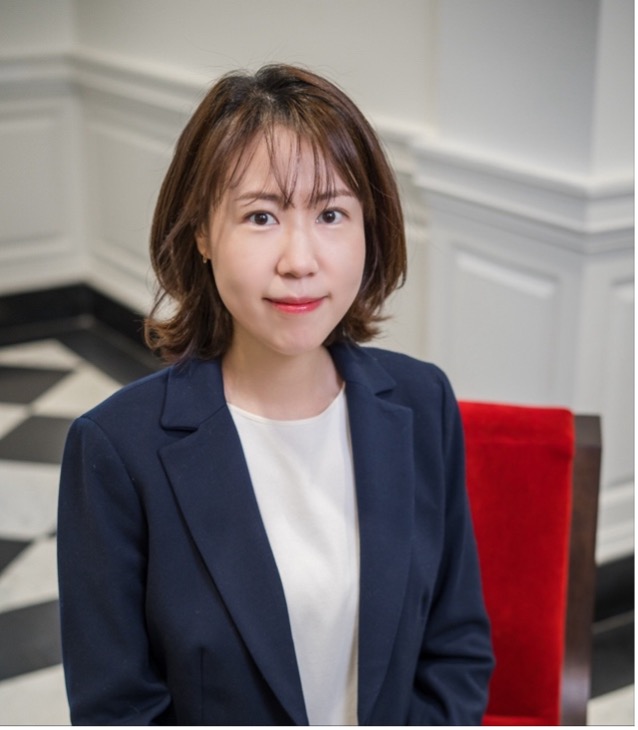Eunyoung Myung, postdoctoral associate at the Cornell Action Research Collaborative, wants to understand the role communication plays in health and ultimately learn how media use can narrow the divide in well-being and healthcare access.
Her research focuses on how individuals – specifically young adults – seek health information online and how the information they find affects their health decisions and behaviors.
Myung received a bachelor’s degree in multimedia journalism from the University of Texas at Austin and a master’s degree from the University of Pennsylvania, where she explored the impact of technology and media on information sharing. She completed her Ph.D. in mass communication at the University of Wisconsin–Madison.
With research interests at the intersection of media, technology and health choices, Myung examined how young adults seek health information on YouTube. She found that those with higher internet seeking self-efficacy – meaning high confidence in their ability to navigate finding health information online – were more likely to seek out health information on YouTube than those with lower self-efficacy.
While this individual behavioral research was interesting, Myung wanted her research to have a wider impact on communities.
“I wanted to think bigger,” she says. “I wanted to understand how communication plays a role in the health landscape, especially when it comes to the health of communities.”
Joining the Action Research Collaborative in fall 2023 offered Myung the opportunity to investigate the impact of communication on health outcomes on a larger scale and work with ARC co-directors, Neil Lewis, Jr ’13, associate professor of communication in the College of Agriculture and Life Sciences (CALS) and Tashara Leak, associate professor of nutrition in the College of Human Ecology (CHE). Now she is exploring what factors make it difficult for some families to gain access to healthy foods, and what kinds of interventions—technology, messaging, programs, and policies—can address those barriers to improve nutrition and other health outcomes. She is doing this work through ARC’s Evaluation Unit to address food insecurity in New York state.
Myung says being more integrated into the community has underscored the importance of participatory action research. By collaborating with community members to understand the unique challenges they face, it becomes easier to provide sustainable solutions.
“I think research and practical application is really important,” she says. “The goal of the research is to provide a better society, to think about how to make a better society.”
Looking forward to the second year of her fellowship with ARC, Myung hopes to draw on the vast resources offered by Cornell and explore interdisciplinary studies to enhance her research.
“After I finish my fellowship with ARC, I want to have insights to community engagement research and how to cooperate on communication efforts to improve health disparities and health inequities,” she says.





